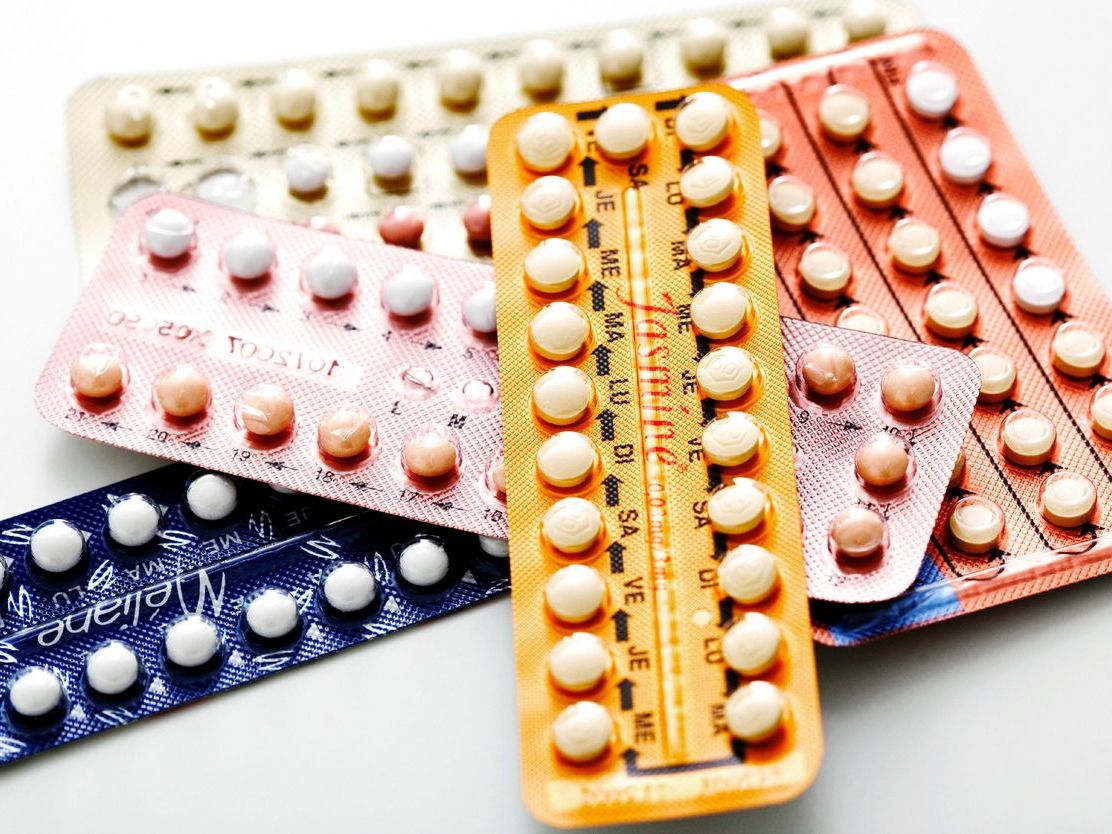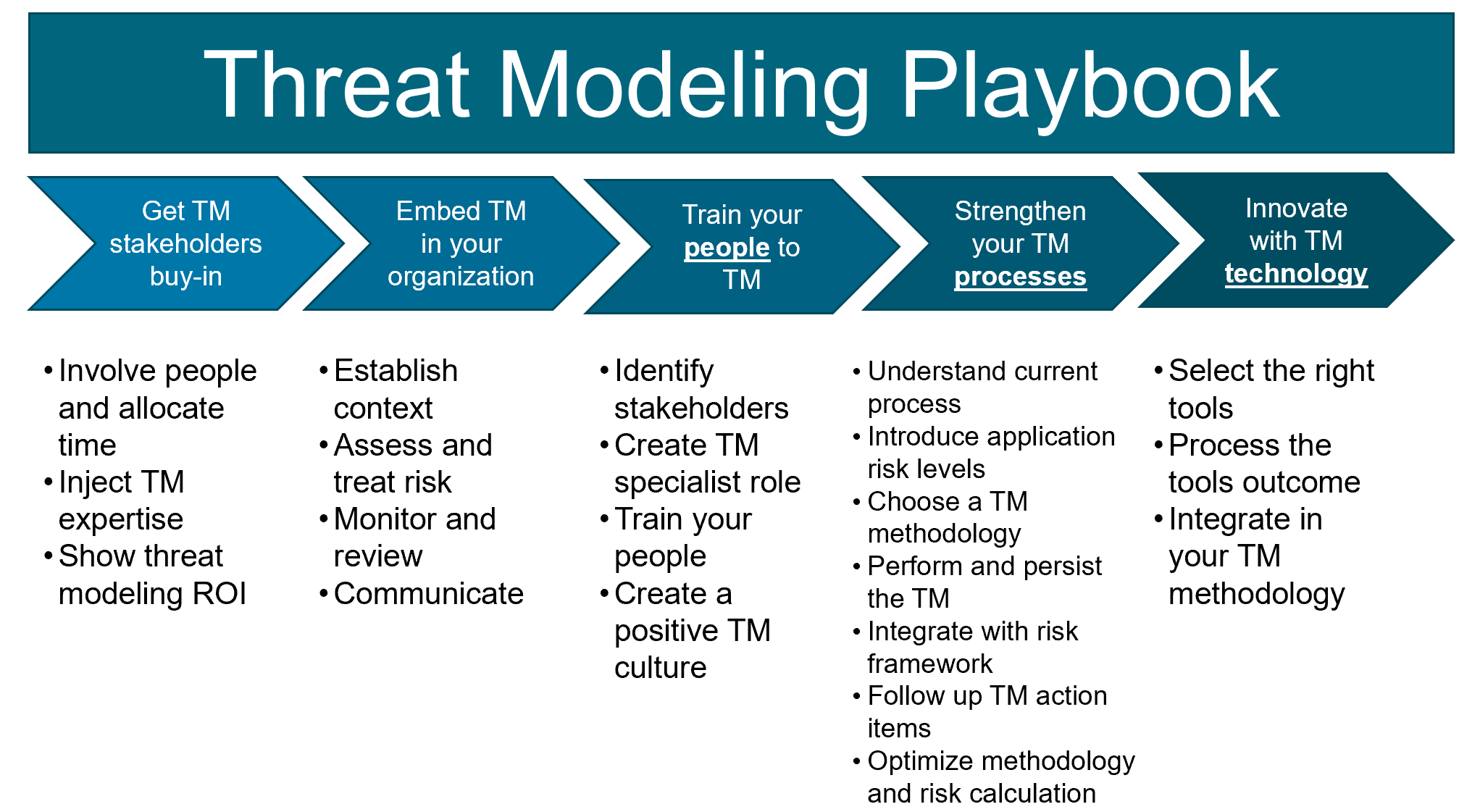Access To Birth Control: Examining The Impact Of Over-the-Counter Availability Post-Roe

Table of Contents
Increased Accessibility and Convenience with Over-the-Counter Birth Control
Over-the-counter birth control offers the potential to significantly improve access and convenience for many individuals. Eliminating the need for a doctor's visit represents a major step towards improving access to birth control.
Reduced Barriers to Access
The current system presents numerous barriers to accessing birth control. Many women face significant hurdles, including:
- Cost: Doctor's appointments, insurance copays, and the cost of the birth control itself can be prohibitive, particularly for low-income individuals. OTC birth control could dramatically reduce these financial burdens.
- Geographic location: Individuals in rural areas often lack access to affordable healthcare providers, making routine appointments for birth control challenging. OTC availability could bridge this gap, providing faster access to birth control for those in underserved communities.
- Mobility and transportation: For individuals with limited mobility or access to transportation, obtaining birth control can be a significant obstacle. OTC access would remove the need for travel to a clinic or doctor's office.
These challenges disproportionately affect marginalized communities, including low-income women, women of color, and those in rural areas. Increased access to birth control through OTC availability could help reduce these health inequities and promote reproductive justice.
Improved Convenience and Discreetness
Purchasing birth control over-the-counter offers increased privacy and discretion. This is particularly important for individuals who may feel uncomfortable discussing their reproductive health with a healthcare provider or fear judgment.
- Privacy: OTC access allows individuals to manage their reproductive health privately, without the need to disclose personal information to a third party.
- Reduced stigma: The stigma associated with birth control can be a significant barrier to access. OTC availability could help normalize birth control use and reduce the shame or embarrassment some individuals experience.
- Improved adherence: Easier access may lead to better adherence to birth control regimens, reducing the risk of unintended pregnancies.
Potential Concerns and Challenges of Over-the-Counter Birth Control
While increased access to birth control is undeniably beneficial, potential concerns and challenges must be addressed to ensure responsible and safe implementation of over-the-counter availability.
Misinformation and Self-Medication
The risk of misinformation and self-medication is a significant concern. Individuals may make incorrect choices about birth control methods or misuse them due to a lack of understanding or access to reliable information.
- Comprehensive education: Robust public health campaigns are crucial to educate individuals about different birth control options, their effectiveness, potential side effects, and proper usage.
- Accessible information: Easy access to accurate and reliable information online and through community resources is vital to counter misinformation.
- Healthcare professional guidance: While OTC access simplifies procurement, the role of healthcare professionals in providing guidance and answering questions remains critical.
Potential for Increased Unintended Pregnancies
Some argue that increased access to birth control might not automatically translate into reduced unintended pregnancies. Other factors, beyond accessibility, play a significant role.
- Comprehensive sex education: Effective sex education is paramount in preventing unintended pregnancies, regardless of birth control accessibility.
- Affordable healthcare: Access to affordable healthcare services, including reproductive healthcare, remains essential.
- Addressing systemic barriers: Poverty, lack of access to healthcare, and systemic inequalities are significant factors contributing to unintended pregnancies.
Counterarguments highlight that improved access to birth control is a necessary, but not sufficient, condition for reducing unintended pregnancies. A multi-pronged approach encompassing education, healthcare access, and addressing systemic inequalities is crucial.
Regulatory and Safety Considerations
Implementing over-the-counter birth control requires careful consideration of regulatory and safety protocols.
- Clear labeling requirements: Clear, concise, and easily understandable labeling is essential to ensure safe and effective use.
- Age restrictions: Appropriate age restrictions may be necessary for certain types of birth control.
- Drug interactions: Information on potential drug interactions should be prominently displayed.
- Regulatory oversight: Regulatory bodies must ensure the safety and efficacy of OTC birth control methods through rigorous testing and monitoring.
The Post-Roe Landscape and the Significance of Birth Control Access
Access to birth control is a fundamental aspect of reproductive rights and healthcare equity, especially in the post-Roe era.
Reproductive Rights and Healthcare Equity
Access to birth control is inextricably linked to women's autonomy, economic empowerment, and overall well-being. Restricting access disproportionately affects marginalized communities.
- Autonomy: Access to birth control empowers women to make informed decisions about their bodies and their futures.
- Economic empowerment: Unintended pregnancies can have significant economic consequences. Access to birth control enables women to pursue education and career opportunities.
- Health equity: Ensuring access to birth control is crucial for promoting health equity and reducing disparities in reproductive health outcomes.
The Role of Policy and Advocacy
Policymakers and advocacy groups play a critical role in shaping the landscape of access to birth control post-Roe.
- Legislation: State and federal legislation can significantly impact access to birth control.
- Funding: Adequate funding for reproductive health programs and services is essential.
- Public awareness campaigns: Educating the public about the benefits of birth control and dispelling myths are crucial for promoting access.
- Ongoing debates: The debate surrounding birth control access involves diverse perspectives and ongoing discussions on ethical, legal, and social considerations.
Conclusion: Access to Birth Control: A Path Forward Post-Roe
Making birth control available over-the-counter presents both opportunities and challenges. While it offers the potential to significantly increase access and convenience, careful consideration of potential risks and the need for comprehensive education and robust regulatory frameworks is crucial. In the post-Roe era, ensuring access to birth control is not merely a matter of convenience; it's a fundamental aspect of reproductive rights and healthcare equity. We must advocate for policies that support access to birth control, promote responsible use, and work towards a future where all individuals have the ability to make informed choices about their reproductive health. Learn more about responsible birth control use and advocate for increased access to birth control in your community. Visit [link to reputable source, e.g., Planned Parenthood] to find reliable information and resources.

Featured Posts
-
 Sikker Fjelltur I Sor Norge Forberedelser For Sno Og Is
May 08, 2025
Sikker Fjelltur I Sor Norge Forberedelser For Sno Og Is
May 08, 2025 -
 Dojs Proposed Google Changes A Threat To User Trust
May 08, 2025
Dojs Proposed Google Changes A Threat To User Trust
May 08, 2025 -
 Andor Season 2 How It Redefines Star Wars Canon According To A Rogue One Actor
May 08, 2025
Andor Season 2 How It Redefines Star Wars Canon According To A Rogue One Actor
May 08, 2025 -
 Rogue Unleashes Inner Cyclops In Latest X Men Comic
May 08, 2025
Rogue Unleashes Inner Cyclops In Latest X Men Comic
May 08, 2025 -
 A Wounded Superman Sneak Peek Features Kryptos Violence
May 08, 2025
A Wounded Superman Sneak Peek Features Kryptos Violence
May 08, 2025
